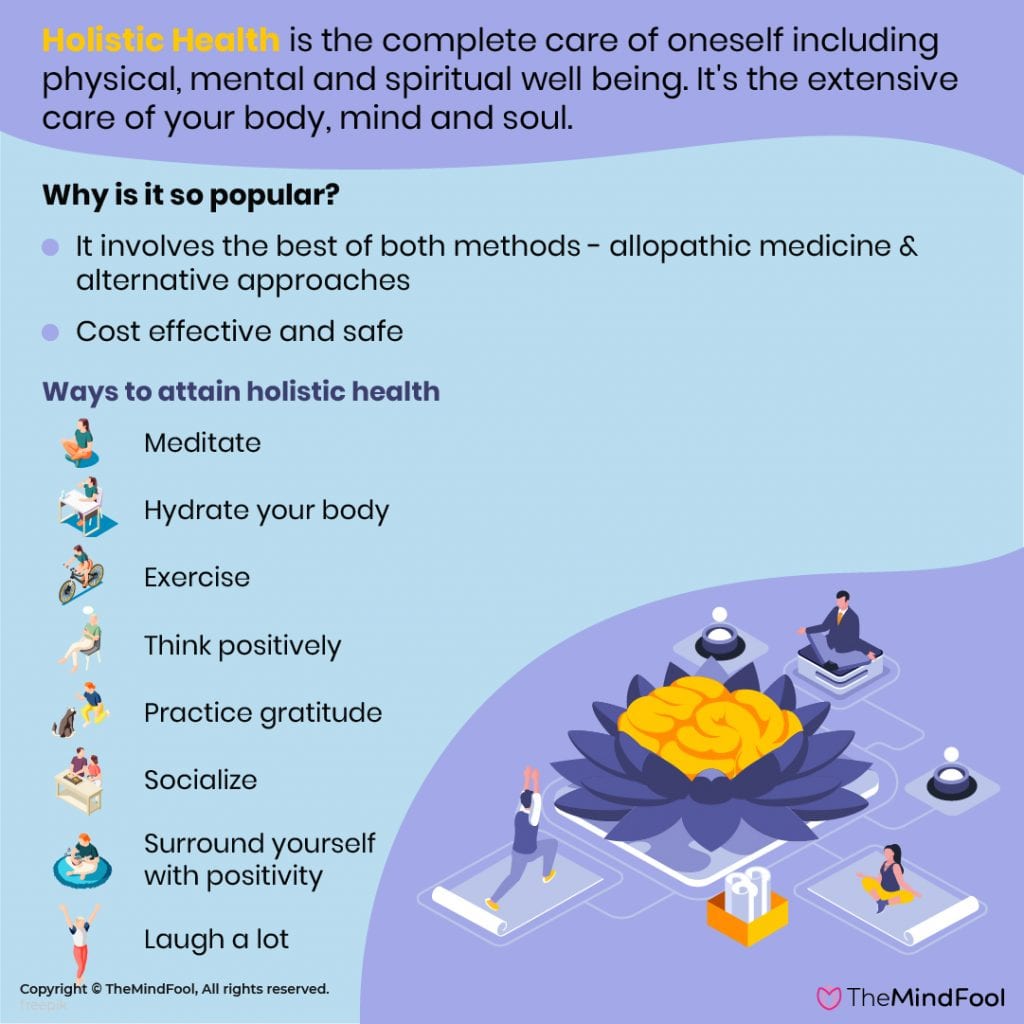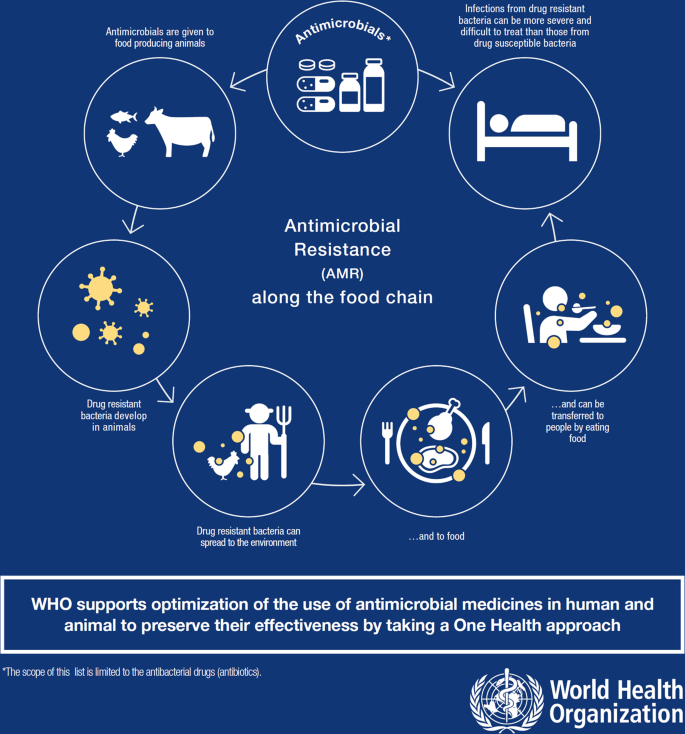Introduction
What is Vitamin D?
Vitamin D is an essential nutrient that plays a crucial role in maintaining overall health. It is a fat-soluble vitamin that is naturally produced in the body when exposed to sunlight. It is also found in certain foods such as fatty fish, fortified dairy products, and egg yolks. Vitamin D helps in the absorption of calcium and phosphorus, which are important for strong bones and teeth. It also supports immune function and helps regulate cell growth and differentiation. Additionally, vitamin D has been associated with various health benefits, including a reduced risk of certain chronic diseases. Night sweats, a condition characterized by excessive sweating during sleep, can sometimes be a symptom of vitamin D deficiency. If you experience night sweats, it is important to consult with a healthcare professional to determine the underlying cause and to discuss the appropriate supplementation or treatment options.
What is Vitamin C?
Vitamin C, also known as ascorbic acid, is a crucial nutrient that plays a vital role in maintaining overall health. It is a water-soluble vitamin, which means that it is not stored in the body and needs to be replenished regularly through diet or supplements. Vitamin C is well-known for its powerful antioxidant properties, which help protect the body against damage caused by harmful free radicals. Additionally, it is involved in the production of collagen, a protein that is essential for the health of skin, bones, and connective tissues. Vitamin C also supports the immune system, helping to strengthen the body’s defenses against infections and illnesses. Some of the best food sources of vitamin C include citrus fruits, strawberries, kiwi, bell peppers, and broccoli.
Importance of Vitamin D and C
Vitamin D and C are essential nutrients that play a crucial role in maintaining overall health. Both vitamins are known for their immune-boosting properties and their ability to support various bodily functions. Vitamin D, also known as the sunshine vitamin, is primarily produced in the skin when exposed to sunlight. It helps in the absorption of calcium, promoting strong bones and teeth. Vitamin C, on the other hand, is a powerful antioxidant that helps protect cells from damage, supports collagen production, and aids in wound healing. When taken together, Vitamin D and C can have synergistic effects, enhancing their individual benefits. Incorporating these vitamins into your daily routine can contribute to a strong immune system and overall well-being.
Benefits of Taking Vitamin D and C Together

Enhanced Immune System
Taking vitamin D and vitamin C together can help enhance your immune system. These vitamins play important roles in supporting immune function and can help strengthen your body’s natural defenses against infections and illnesses. Vitamin D helps regulate the immune system and promotes the production of antimicrobial proteins, while vitamin C is known for its antioxidant properties and its ability to stimulate the production of white blood cells, which are essential for fighting off pathogens. By combining these two vitamins, you can provide your body with the necessary nutrients to support a healthy immune system and improve your overall well-being.
Improved Bone Health
Vitamin D and vitamin C are both essential nutrients that play a crucial role in maintaining overall health. When it comes to improving bone health, these two vitamins can be particularly beneficial. Vitamin D helps the body absorb calcium, which is essential for strong and healthy bones. It also supports the immune system and helps reduce inflammation. On the other hand, vitamin C is an antioxidant that helps in the formation of collagen, a protein that provides structure to bones, muscles, and other tissues. Additionally, vitamin C aids in the absorption of iron, which is important for bone health. Therefore, taking vitamin D and vitamin C together can contribute to improved bone health, especially for individuals seeking menopause relief.
Reduced Risk of Chronic Diseases
Taking vitamin D and vitamin C together can help reduce the risk of chronic diseases. Both vitamins have been shown to have beneficial effects on the immune system and overall health. Vitamin D plays a crucial role in regulating calcium levels in the body and promoting bone health. It also has anti-inflammatory properties and may help protect against certain types of cancer. Vitamin C, on the other hand, is a powerful antioxidant that helps protect cells from damage caused by free radicals. It also supports the immune system and aids in collagen production, which is important for maintaining healthy skin, bones, and blood vessels. By combining these two vitamins, you can enhance their individual benefits and potentially reduce the risk of chronic diseases.
Recommended Dosage

Recommended Daily Intake of Vitamin D
Vitamin D is an essential nutrient that plays a crucial role in maintaining overall health. It is responsible for promoting calcium absorption, supporting bone health, and regulating immune function. The recommended daily intake of vitamin D varies depending on age and individual needs. For most adults, the recommended daily intake is 600-800 international units (IU) per day. However, it is important to note that some individuals may require higher doses, especially those with limited sun exposure or certain medical conditions. It is always recommended to consult with a healthcare professional to determine the appropriate dosage of vitamin D for your specific needs.
Recommended Daily Intake of Vitamin C
Vitamin C is an essential nutrient that plays a crucial role in maintaining overall health. It is a powerful antioxidant that helps protect the body against free radicals and supports the immune system. The recommended daily intake of vitamin C varies depending on age, gender, and life stage. For adults, the recommended daily intake is 75-90 milligrams for women and 90-120 milligrams for men. However, it is important to note that these recommendations may vary for individuals with specific health conditions or needs. It is always best to consult with a healthcare professional to determine the appropriate dosage for your specific needs. Natural remedies are also available that can help boost vitamin C levels in the body. Some of these include consuming citrus fruits, such as oranges and lemons, as well as incorporating other vitamin C-rich foods like strawberries, kiwi, and bell peppers into your diet. These natural remedies can be a great addition to your daily routine to ensure you are getting an adequate amount of vitamin C.
Combining Vitamin D and C Dosages
When it comes to combining vitamin D and C dosages, it is important to consider the potential benefits and risks. Both vitamin D and C play crucial roles in supporting our overall health and well-being. Vitamin D is known for its role in promoting strong bones and supporting the immune system, while vitamin C is a powerful antioxidant that helps protect against oxidative stress. Combining these two vitamins can potentially enhance their individual benefits and provide a synergistic effect. However, it is important to note that taking excessive doses of these vitamins can lead to adverse effects. Therefore, it is recommended to consult with a healthcare professional before combining vitamin D and C dosages to ensure safe and optimal supplementation.
Potential Side Effects

Possible Interactions
When taking vitamin D and vitamin C together, there may be potential interactions to consider. Both vitamins play important roles in supporting the immune system and overall health. Vitamin D helps the body absorb calcium and promotes bone health, while vitamin C is known for its antioxidant properties and its role in collagen synthesis. However, it is important to note that high doses of vitamin C may enhance the absorption of vitamin D, potentially leading to increased levels of vitamin D in the body. This can be particularly important for individuals who are already taking vitamin D supplements or have certain medical conditions. Therefore, it is recommended to consult with a healthcare professional before combining these two vitamins to ensure safe and appropriate usage.
Excessive Dosage
Excessive dosage of vitamin D and vitamin C can have adverse effects on the body. It is important to be cautious when taking these supplements, especially in high doses. Taking excessive amounts of vitamin D can lead to symptoms such as nausea, vomiting, and constipation. Similarly, consuming too much vitamin C can cause digestive issues like diarrhea and stomach cramps. It is recommended to consult with a healthcare professional before taking high doses of these vitamins to ensure they are safe for your specific needs. Menopause relief is a common reason why individuals may consider taking vitamin D and vitamin C together, but it is crucial to follow the recommended dosage to avoid any potential side effects.
Individual Sensitivities
Individual sensitivities to vitamins and supplements can vary greatly from person to person. While some individuals may experience no adverse effects from taking vitamin D and vitamin C together, others may have sensitivities or allergies that can cause negative reactions. It is important to pay attention to your body’s response when taking any new supplements and to consult with a healthcare professional if you have any concerns. Additionally, it is always beneficial to explore natural detox methods to support your overall health and well-being.
Best Sources of Vitamin D and C

Natural Food Sources
Vitamin D and vitamin C are essential nutrients that play important roles in maintaining a healthy lifestyle. They are both necessary for the proper functioning of the body and have numerous health benefits. While vitamin D is primarily obtained through sun exposure, natural food sources rich in this vitamin include fatty fish like salmon and mackerel, fortified dairy products, and egg yolks. On the other hand, vitamin C can be found in abundance in fruits and vegetables such as oranges, strawberries, bell peppers, and broccoli. Incorporating these natural food sources into your diet can help ensure an adequate intake of both vitamins, supporting overall health and well-being.
Supplements
Taking vitamin D and vitamin C together can be beneficial for your overall health. Both vitamins play important roles in supporting your immune system and promoting proper functioning of various bodily processes. Vitamin D helps your body absorb calcium and supports bone health, while vitamin C is a powerful antioxidant that helps protect your cells from damage. Additionally, vitamin C aids in the production of collagen, a protein that is essential for maintaining healthy skin, hair, and nails. By combining these two vitamins, you can potentially enhance their individual benefits and support your overall well-being.
Sunlight Exposure
Sunlight exposure is crucial for the synthesis of vitamin D in the body. When the skin is exposed to sunlight, it produces vitamin D, which plays a vital role in maintaining bone health and supporting the immune system. Additionally, sunlight exposure has been linked to improved mood and mental well-being. However, it is important to strike a balance between getting enough sunlight for vitamin D synthesis and protecting the skin from harmful UV rays. It is recommended to spend a moderate amount of time outdoors, especially during the early morning or late afternoon, when the sun’s rays are less intense. Remember to wear sunscreen, protective clothing, and sunglasses to minimize the risk of sunburn and skin damage.
FAQ (Frequently Asked Questions)

Can I Take Vitamin D and C Together?
Taking vitamin D and vitamin C together can be beneficial for your overall health and well-being. Both vitamins play important roles in supporting your immune system, promoting bone health, and protecting against certain diseases. Vitamin D helps your body absorb calcium and maintain strong bones, while vitamin C is a powerful antioxidant that helps protect cells from damage. By combining these two vitamins, you can enhance their individual benefits and support your millennial health and well-being.
What Are the Benefits of Combining Vitamin D and C?
Combining Vitamin D and C can provide numerous benefits for your health. These two vitamins play important roles in supporting your immune system and overall well-being. Vitamin D helps regulate calcium and phosphate levels in the body, which are essential for maintaining healthy bones and teeth. It also plays a key role in supporting the function of the immune system, promoting cell growth and division, and reducing inflammation. On the other hand, Vitamin C is a powerful antioxidant that helps protect cells from damage caused by free radicals. It also plays a crucial role in collagen synthesis, which is important for the health of your skin, blood vessels, and connective tissues. By combining these two vitamins, you can enhance their individual benefits and support your body’s natural medicine. The synergistic effects of Vitamin D and C can help strengthen your immune system, improve bone health, and promote overall wellness.
Are There Any Side Effects of Taking Vitamin D and C Together?
When it comes to taking vitamin D and C together, there are generally no significant side effects to be concerned about. Both vitamins are essential for maintaining a healthy immune system and promoting overall well-being. However, it is important to note that excessive intake of either vitamin can lead to potential side effects. For example, taking high doses of vitamin D for an extended period of time may result in an accumulation of calcium in the body, leading to conditions such as hypercalcemia. Similarly, excessive intake of vitamin C may cause digestive issues such as diarrhea or stomach cramps. Therefore, it is recommended to follow the recommended daily intake guidelines for both vitamins to avoid any potential side effects. If you have any specific concerns or medical conditions, it is always best to consult with a healthcare professional before starting any new supplement regimen.






































